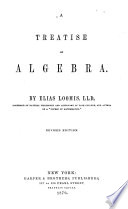 | Elias Loomis - Algebra - 1879 - 398 pages
...the exponent "of the power ; the product is the logarithm of the required power. 399. The loganlhm of any root of a number is equal to the logarithm of that number divided by the index of the root. If we extract the rth root of both members of Eq. (1),... | |
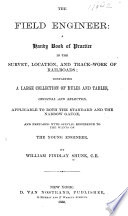 | William Findlay Shunk - Railroad engineering - 1880 - 362 pages
...power of a number is equal to the logarithm of the number multiplied by the exponent of the power. The logarithm of any root of a number is equal to...logarithm of the number divided by the index of the root. 0. The preceding principles enable us to abridge labor in arithmetical calculations, by using simple... | |
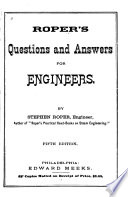 | Stephen Roper - Steam engineering - 1880 - 84 pages
...Any root of any number may be found by logarithms as follows : The logarithm of the root of a given number is equal to the logarithm of the number divided by the index of the root. Hyperbolic logarithms is a system of logarithms, so called, because the numbers express the areas between... | |
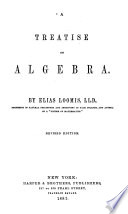 | Elias Loomis - Algebra - 1881 - 398 pages
...number by the exponent of the power; the product is the logarithm of the required power. 399. TJie logarithm of any root of a number is equal to the logarithm of that number divided by the index of the root. If we extract the rth root of both members of Eq. (1),... | |
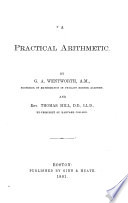 | George Albert Wentworth, Thomas Hill - Arithmetic - 1881 - 446 pages
...11 x 0.4771 = 5.2481. 413. As logarithms are simply exponents, therefore (§381), The logarithm of a root of a number is equal to the logarithm of the number multiplied by the index of the root. Thus, log 2* = i of log 2 = £ x 0.3010 = 0.0753. log .002* =... | |
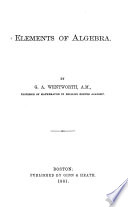 | George Albert Wentworth - Algebra - 1881 - 406 pages
...simply exponents (§ 294), therefore, when roots are expressed by fractional indices, The logarithm of a root of a number is equal to the logarithm of the number multiplied by the index of the root. Thus, log 2* = \ oflog 2 = \ x 0.3010 = 0.0753. log .002* = }... | |
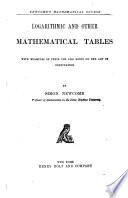 | Simon Newcomb - Logarithms - 1882 - 204 pages
...equal to the logarithm of the number multiplied by the exponent of the power. IV. The logarithm of the root of a number is equal to the logarithm of the number divided by the index of the root. We thus derive the following rules: To find the product of several factors by logarithms. KULE. Add... | |
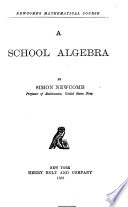 | Simon Newcomb - Algebra - 1882 - 302 pages
...the иth power, 10"* = p". Whence nh — log jo", or n log p = logy. THEOREM X. The logarithm of a root of a number is equal to the logarithm of the number divided by the index of the root. Proof. Let s be the number, and let p be its nth root, so that p = VU and s = p". Hence log s = logp"... | |
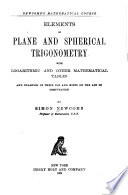 | Simon Newcomb - Trigonometry - 1882 - 372 pages
...equal to the logarithm of the number multiplied by the exponent of the power. IV. The logarithm of the root of a number is equal to the logarithm of the number divided by the index of the root. We thus derive the following rules: To find the product of several factors by logarithms. RULE. Add... | |
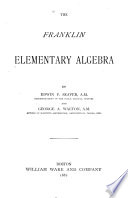 | Edwin Pliny Seaver, George Augustus Walton - Algebra - 1881 - 304 pages
...root, i/N= b", whence it appears (Art. 384) that is the logarithm of y/jV. Hence The logarithm of a root of a number is equal to the logarithm of the number divided by the index of the root. 395. Briefly expressed in formulas the propositions just proved are as follows: (1) }og(NN'N" . . .)... | |
| |